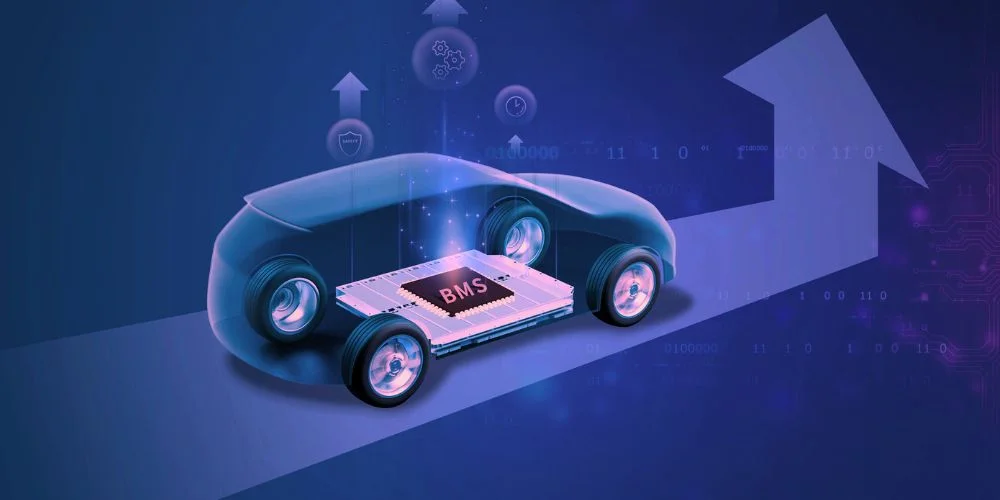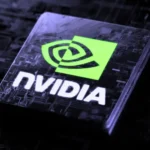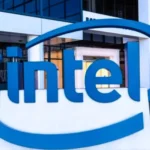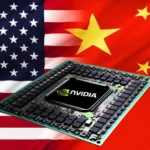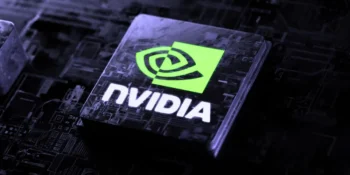Key Points
- After a recent fire incident, Hyundai and Kia introduced advanced BMS technologies to enhance EV safety.
- The BMS monitors various battery conditions and triggers safety measures if malfunctions are detected.
- A new feature detects potential battery defects before they become severe, helping to prevent fires.
- The companies clarified that their EVs have not experienced fires due to overcharged batteries.
Hyundai Motor and Kia have introduced a series of advanced technologies for their battery management system (BMS) to reassure customers of the safety of their electric vehicles (EVs), following a recent fire in a parking garage in Incheon that damaged over 100 vehicles.
In a press release on Thursday, both automakers emphasized their commitment to safety, highlighting that their BMS represents 15 years of technological experience and research and development (R&D) efforts. The BMS, described as the “brain” of an EV battery, plays a crucial role in its overall management and protection, providing vital information for its efficient and safe operation.
Hyundai and Kia stated that their BMS technology has been refined through years of developing hybrid vehicles, positioning them ahead of competitors in the EV market. Their advancements include multi-fast charging systems and vehicle-to-load (V2L) technology, which were developed before other carmakers adopted similar innovations.
A key function of the BMS is monitoring the battery system to ensure safe and efficient operation. The BMS tracks various factors such as voltage deviations, insulation resistance, current and voltage changes, temperature, and overvoltage or undervoltage conditions. If malfunctions are detected, the BMS assesses the risk level and triggers vehicle safety control measures. The abnormal data is then transmitted to remote support centers, which automatically notify the customer via text message.
Newer vehicle models are also equipped with a feature that detects instant and micro short circuits, enabling the system to identify potential defects days or weeks before they become severe. Hyundai and Kia believe this feature will significantly reduce the likelihood of battery-related fires. The companies plan to incorporate this technology into new EVs and existing vehicles by the end of the year.
Addressing concerns about overcharging, Hyundai and Kia clarified that no fires have been caused by overcharged batteries in their EVs. They explained that the BMS closely monitors the charging state and coordinates with charging controllers to prevent overcharging. In case of any deviations, the BMS immediately halts the charging process. Additionally, a physical safety circuit is in place to shut off the system if the vehicle’s control system and battery pack fail.
“Hyundai Motor Group’s EVs integrate a comprehensive range of safety technologies developed through years of expertise and experience,” a Hyundai official stated. “We are dedicated to ensuring that customers around the world feel safe driving our EVs.”
